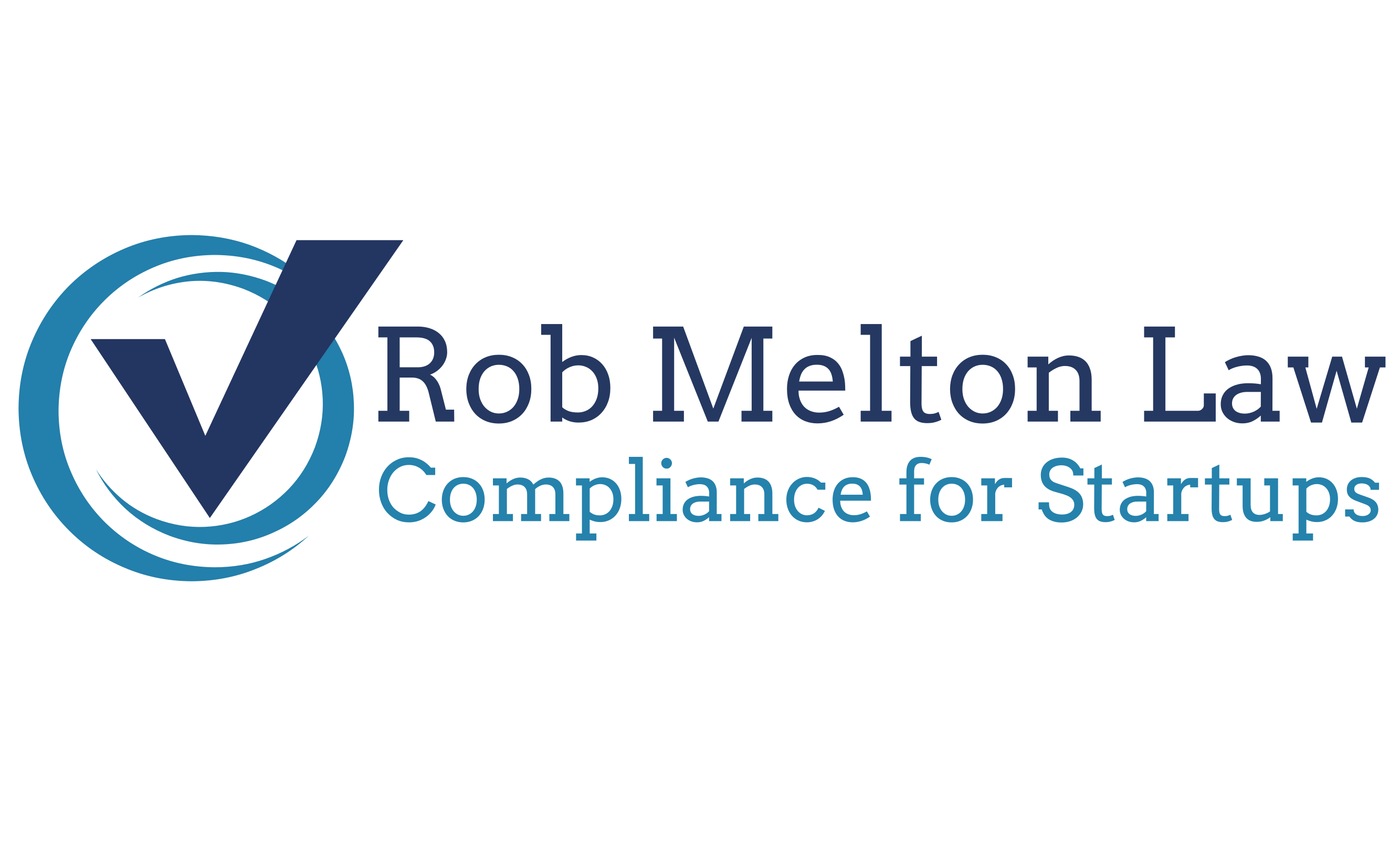The Gramm-Leach-Bliley Act (GLBA), enacted in 1999, modernized the financial industry by repealing the Glass-Steagall Act, allowing banks to offer investment and insurance services alongside traditional banking. The law also introduced consumer privacy protections, requiring financial institutions to disclose their data-sharing practices and provide customers with the option to opt out of certain data disclosures. Additionally, the GLBA mandates safeguards to protect sensitive financial information from unauthorized access
Covered Financial Institutions
Under the Gramm-Leach-Bliley Act (GLBA), a financial institution is broadly defined as any entity that is significantly engaged in providing financial products or services to consumers. This includes banks, credit unions, mortgage lenders, investment firms, insurance companies, and financial advisors. The definition extends beyond traditional banking institutions to cover businesses that process financial transactions, such as loan brokers, debt collectors, and tax preparers.
Nonpublic Personal Information
Under the Gramm-Leach-Bliley Act (GLBA), nonpublic personal information (NPI) refers to personally identifiable financial information that a financial institution collects about individuals in connection with providing financial products or services. This includes:
– Account details (e.g., bank account numbers, credit card information).
– Transaction history (e.g., loan balances, payment records).
– Social Security numbers and other identifying data.
– Information obtained from applications or interactions with financial institutions.
Financial institutions must protect NPI and provide consumers with privacy notices explaining how their data is used and shared.
GLBA Privacy Notices
Under the Gramm-Leach-Bliley Act (GLBA), financial institutions must provide clear and conspicuous privacy notices to consumers, explaining how their nonpublic personal information (NPI) is collected, used, and shared. These notices must be given at the start of a customer relationship and annually thereafter. The privacy notice must include details on data-sharing practices, consumers’ opt-out rights, and the institution’s security measures to protect personal information.
FTC Safeguards Rule
The FTC Safeguards Rule, issued under the Gramm-Leach-Bliley Act (GLBA), requires financial institutions to develop, implement, and maintain an information security program to protect customer data.
Covered businesses should take a number of steps to comply with the Safeguards Rule, including:
✔ Conduct a thorough risk assessment to identify vulnerabilities in data security.
✔ Develop and implement security policies that address administrative, technical, and physical safeguards.
✔ Appoint a qualified individual responsible for overseeing the organization’s security program.
✔ Encrypt sensitive customer information to protect against unauthorized access.
✔ Regularly monitor and update security protocols to adapt to emerging threats.
✔ Prepare a response plan for potential security incidents and ensure timely reporting.
Flowdown Contractual Terms with Service Providers
Financial institutions must establish contractual agreements with their service providers to ensure compliance with data protection regulations. These contracts must include provisions requiring service providers to:
✔ Implement and maintain safeguards to protect customer information.
✔ Limit data use to the specific services outlined in the agreement.
✔ Prevent unauthorized access or disclosure of nonpublic personal information (NPI).

